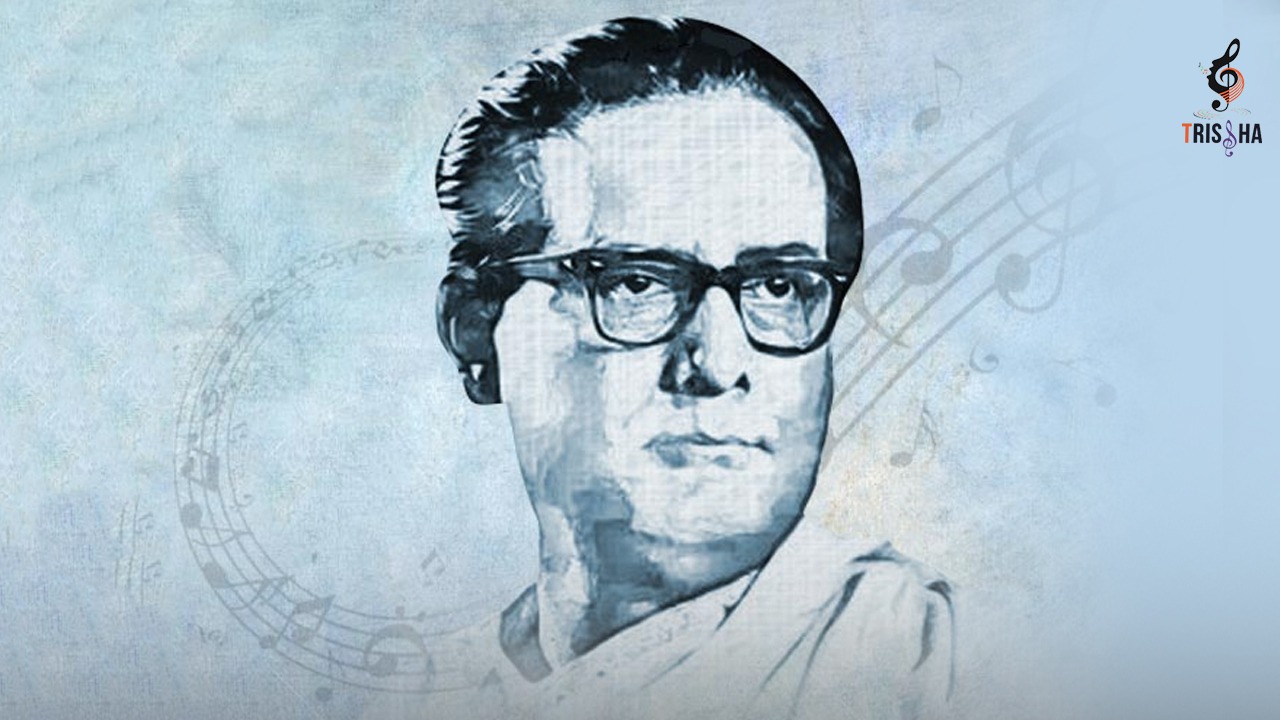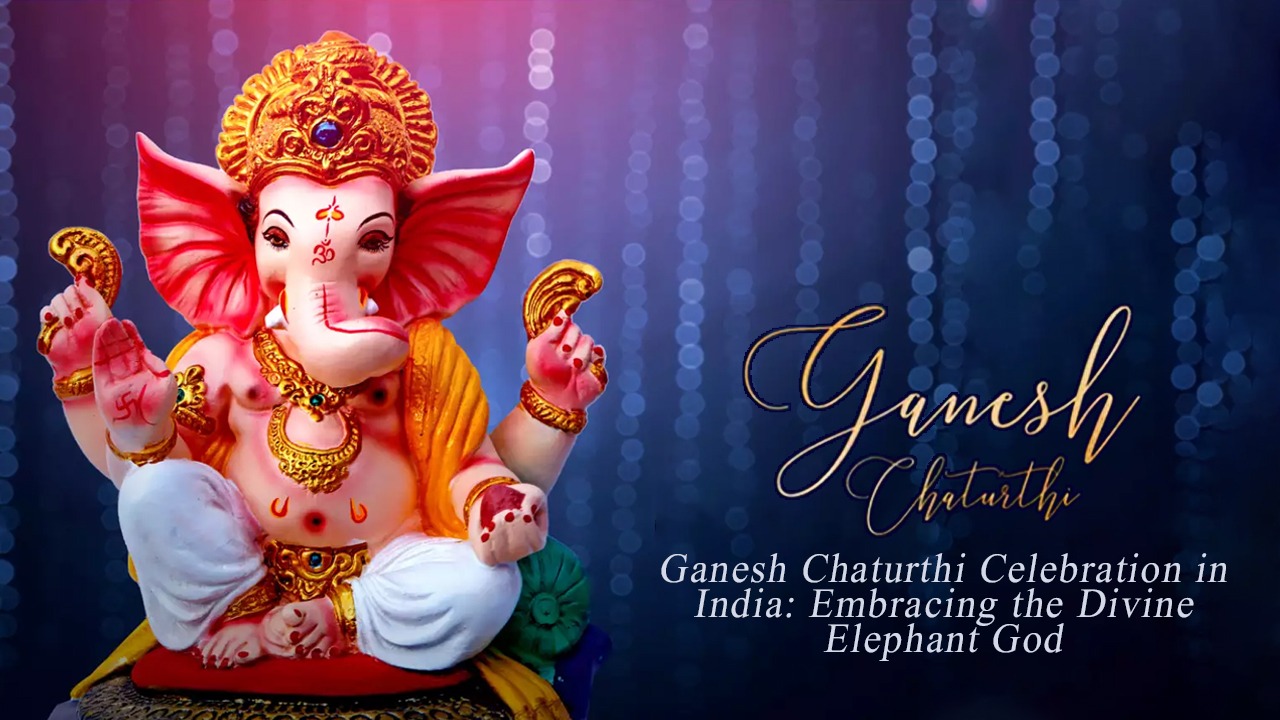Hemanta Mukhopadhyay: A Melodious Journey Through Indian Cinema
Hemanta Mukhopadhyay, also known as Hemant Kumar in the Hindi film industry, was a celebrated figure in Indian music. Born on June 16, 1920, in Varanasi, his musical journey began in Bengal but soon captivated audiences across the nation.
Early Life and Musical Beginnings
Mukhopadhyay’s early life was steeped in music, with his mother being his first teacher. His formal training began at an early age, and by the time he was a teenager, he was already performing on stage. His deep baritone voice quickly became his signature, setting him apart from his contemporaries.
Rise to Fame
Mukhopadhyay’s breakthrough came with the song “Sanjher Taraka Ami” for the Bengali film “Priya Bandhabi” (1944). The success of this song led to more opportunities in both Bengali and Hindi cinema. His work in films like “Anand Math” (1952), where he sang the iconic “Vande Mataram,” further solidified his place in the industry.
The Golden Era
The 1950s and 60s are often referred to as the golden era of Mukhopadhyay’s career. He delivered hit after hit, including “Beqarar Karke Humein” from “Bees Saal Baad” (1962) and “Tum Pukar Lo” from “Khamoshi” (1969). His ability to convey deep emotions through his singing made him a favorite for romantic and melancholic songs.
Contribution to Ghazals
Mukhopadhyay had a special affinity for Ghazals, which resonated with his style of soulful singing. He brought Ghazals into mainstream cinema with his renditions, thereby popularizing this genre among a wider audience.
Music Direction
Apart from singing, Mukhopadhyay was also an accomplished music director. He composed music for several Bengali films and even won the National Film Award for Best Music Direction for the film “Nimantran” (1971).
Legacy
Hemanta Mukhopadhyay passed away on September 26, 1989, but left behind a rich legacy that continues to inspire musicians and music lovers alike. His contribution to Indian music is immeasurable, and his songs remain timeless classics.
Mukhopadhyay’s career spanned over five decades, during which he sang more than 2000 songs. His work has been honored posthumously with awards like the “Banga-Vibhushan” in 2017 by the West Bengal government.
In conclusion, Hemanta Mukhopadhyay’s musical career was not just about the songs he sang or the films he scored; it was about the emotional connection he forged with listeners through his music. His voice remains an integral part of Indian cinema’s musical tapestry, echoing through the ages as a testament to his talent and passion for music.






There are no comments